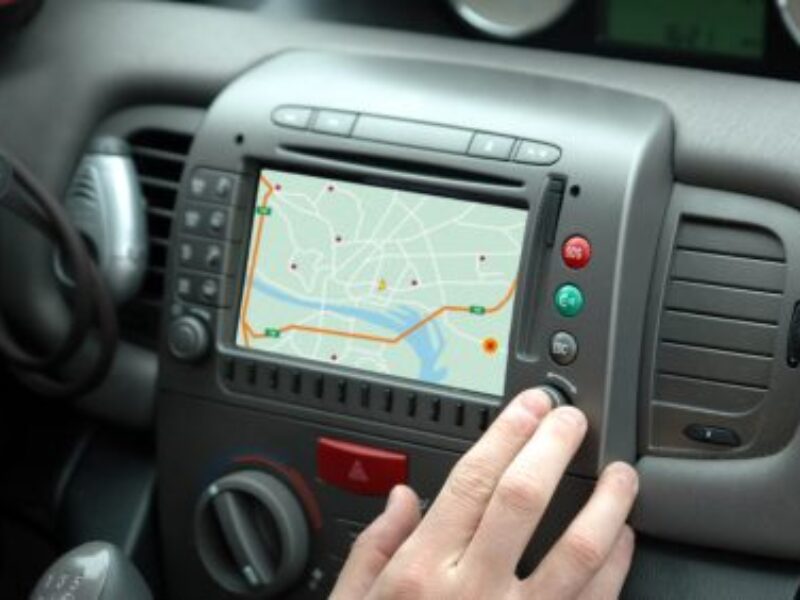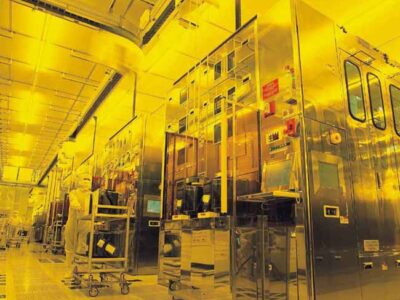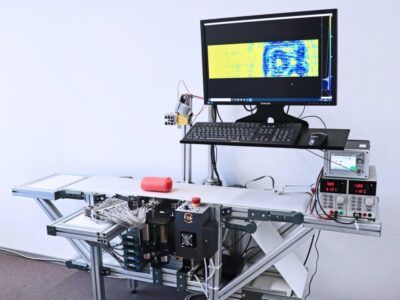
The EFA 2014/2 research consortium plans to use forward-thinking energy management to improve the driving range of the cars. The 14 project partners, among them carmaker BMW, tier ones such as Bosch, Continental Hella and Valeo as well as semiconductor companies Elmos and Infineon as well as research institutes FKFS Stuttgart and Technical University of Dresden, will achieve the goal of a better driving range by pursuing several approaches. One is more intelligence with regard to choosing the best route and improving the traffic flow. In order to establish an intelligent infrastructure, the researcher will create an interface enabling the exchange of data between electric vehicles and municipal traffic control centers. Thus, the cars can access information on the traffic situation along the route. The information obtained will be visualized by means of innovative displays at the dashboard. The availability of this kind of information helps the driver to plan time-efficient and energy-saving rides through the city.
The second approach gets granular on coordinating the energy consumers in the car. Sensors such as cameras and navigation systems create a situation image of the environment and provide information as to the current and the near-future driving situation. These sensor data are blended with data on the actual energy consumption in the car. The energy flow to energy sinks such as HVAC or other electronic devices then is controlled in a way that energy consumption takes into account the respective driving situation.
In addition, the researchers and engineers involved into the project will design novel components for thermal management, vehicle lighting and electrical system. As an example, they plan to develop an electronically controlled brake resistor which transforms braking energy into thermal energy in order to heat battery and interior. The dimensioning of these components will take into account the option of a predictive energy management.
The project also builds on the results of the predecessor project EFA 2014 Phase One which over the past two years applied similar approaches to improve fuel consumption of conventional vehicles by 10 %. The technical measures developed by the current project are expected to be fed into serial production in about six to eight years. The project is funded in part by the German research ministry with an amount of € 10 million.
 If you enjoyed this article, you will like the following ones: don't miss them by subscribing to :
eeNews on Google News
If you enjoyed this article, you will like the following ones: don't miss them by subscribing to :
eeNews on Google News



